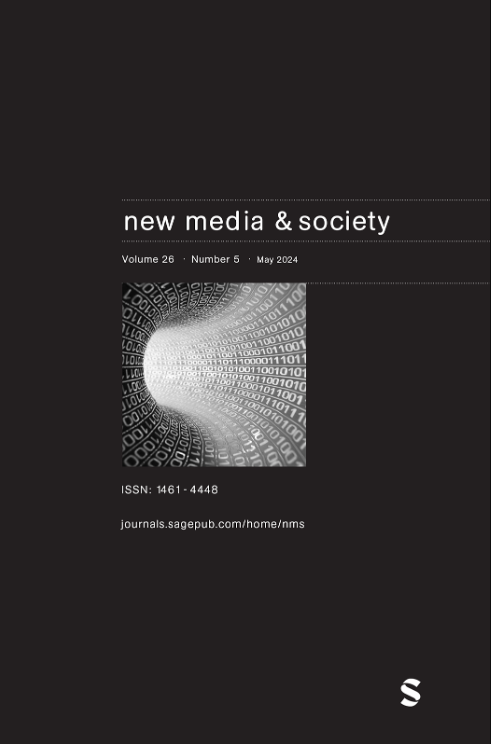倾斜的结构了解网络游戏中的 "有毒 "行为
IF 4.5
1区 文学
Q1 COMMUNICATION
引用次数: 0
摘要
近年来,网络游戏中的破坏性或 "有毒 "行为日益受到关注。这些形式的言语骚扰或行为不当会破坏他人的游戏体验。以往的解释将有毒行为解释为离经叛道的个人或更大范围的网络 "诡计 "文化的蓄意行为,而本文则为最近文献中基于 "倾斜 "的解释提供了实证支持。有毒行为被认为是在特定社会背景下产生的,是由游戏中的背景因素引发的一时失控(与 "倾斜 "一词相关)。基于对流行的多人游戏《英雄联盟》的访谈数据,研究显示了游戏情境中薄弱的规范和关系结构如何导致玩家的负面情绪,从而引发有毒行为。本文还讨论了未来研究的途径以及对改善在线社交空间的影响。本文章由计算机程序翻译,如有差异,请以英文原文为准。
Structures that tilt: Understanding “toxic” behaviors in online gaming
Destructive or “toxic” behaviors in online gaming have received increased attention in recent years. These are forms of verbal harassment or behavioral misconduct which disrupt another’s experience of the game. While previous explanations have explained toxic behaviors as intentional acts of deviant individuals or a larger online “trickster” culture, this article provides empirical support for a recent “tilt”-based explanation in the literature. Toxic behavior is seen as situated within and emergent from specific social contexts—as a spur-of-the-moment loss of control (associated with the term “tilt”), triggered by contextual factors within the game. Based on interview data on the popular multiplayer game League of Legends, it is shown how weak normative and relational structures within a gaming context can lead to negative emotions in players, prompting toxic behaviors. Avenues for future research and implications for improving online social spaces are discussed.
求助全文
通过发布文献求助,成功后即可免费获取论文全文。
去求助
来源期刊

New Media & Society
COMMUNICATION-
CiteScore
12.70
自引率
8.00%
发文量
274
期刊介绍:
New Media & Society engages in critical discussions of the key issues arising from the scale and speed of new media development, drawing on a wide range of disciplinary perspectives and on both theoretical and empirical research. The journal includes contributions on: -the individual and the social, the cultural and the political dimensions of new media -the global and local dimensions of the relationship between media and social change -contemporary as well as historical developments -the implications and impacts of, as well as the determinants and obstacles to, media change the relationship between theory, policy and practice.
 求助内容:
求助内容: 应助结果提醒方式:
应助结果提醒方式:


